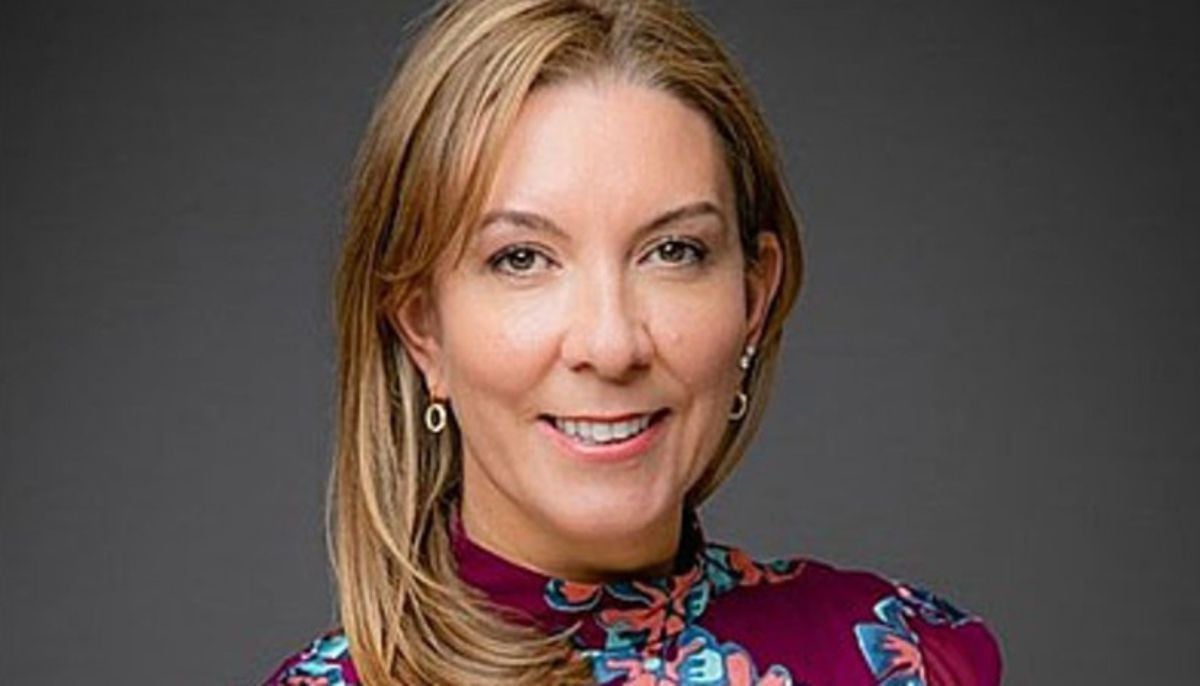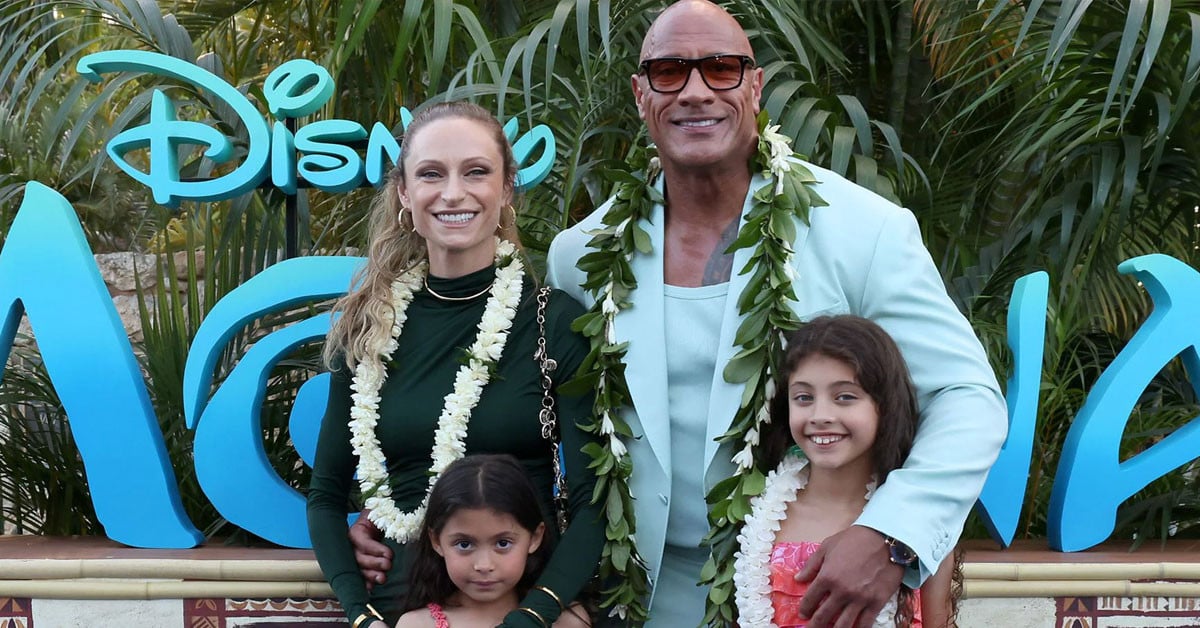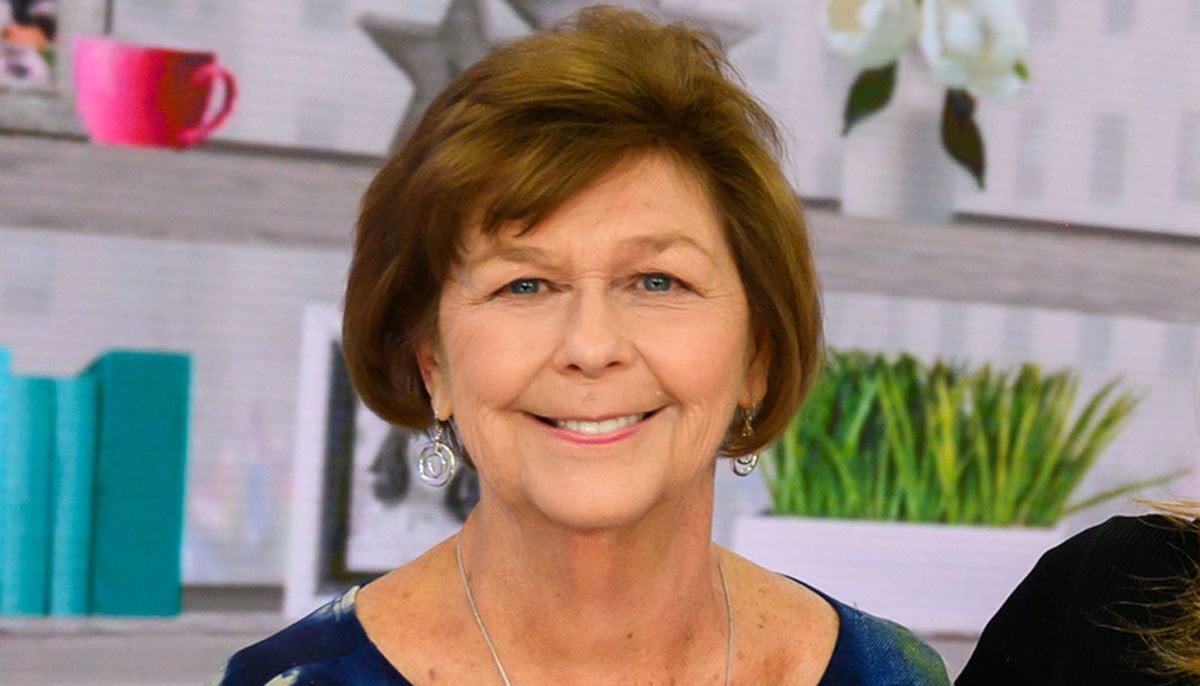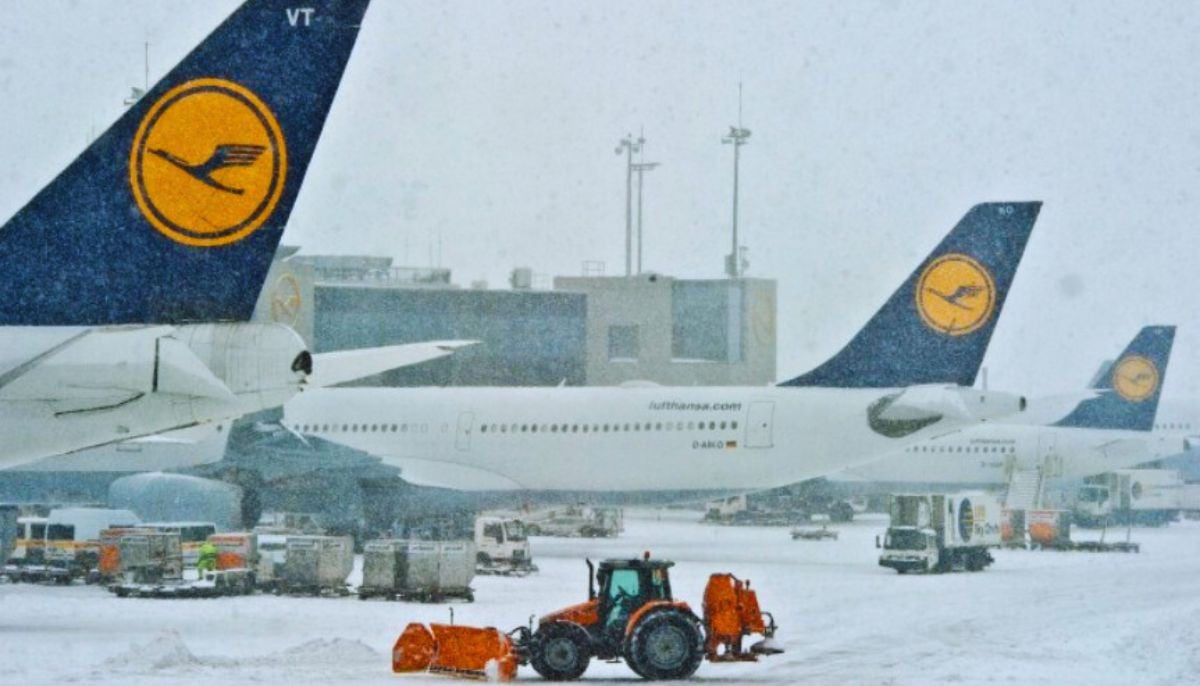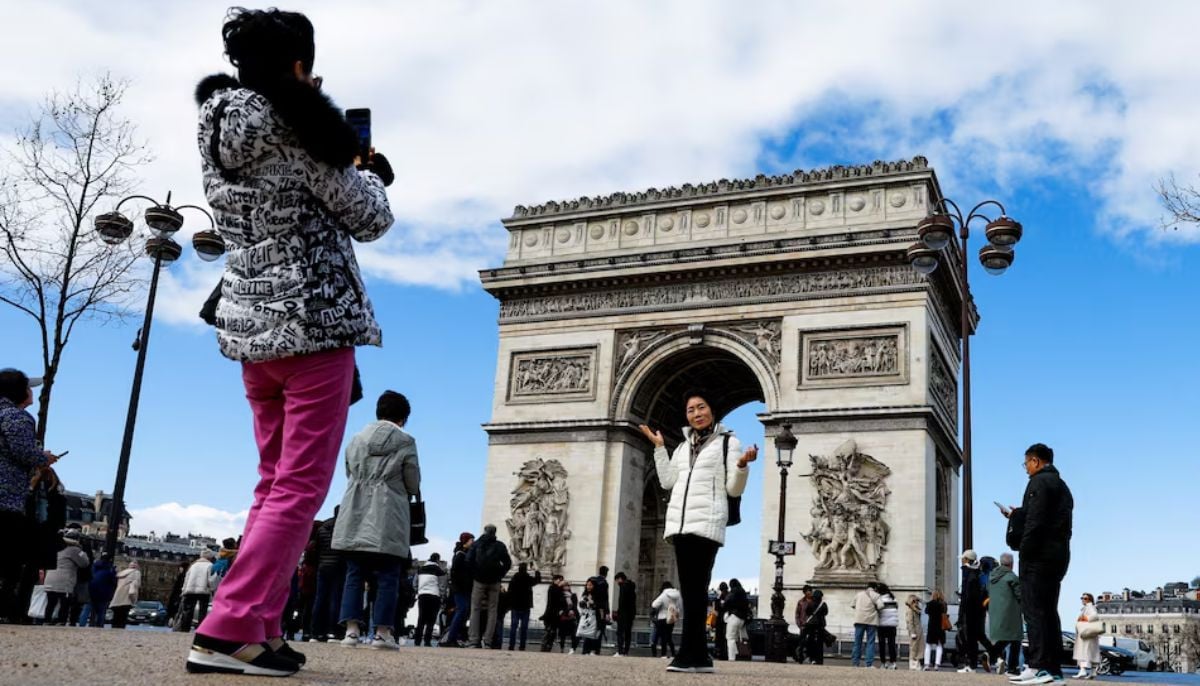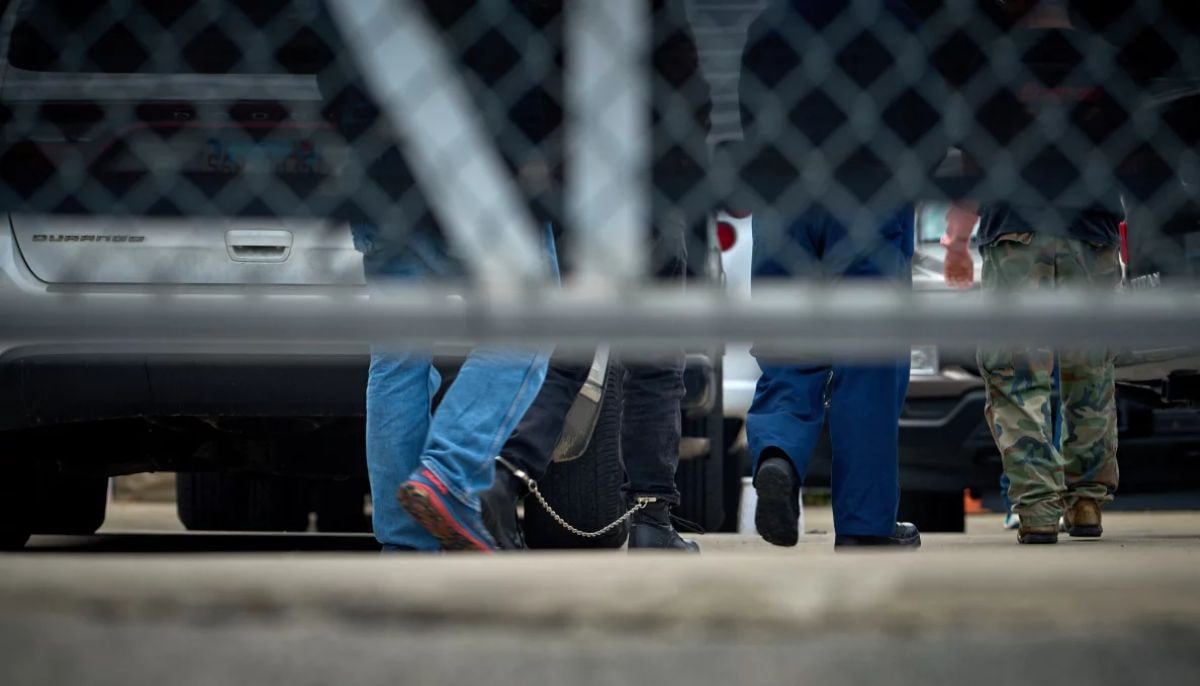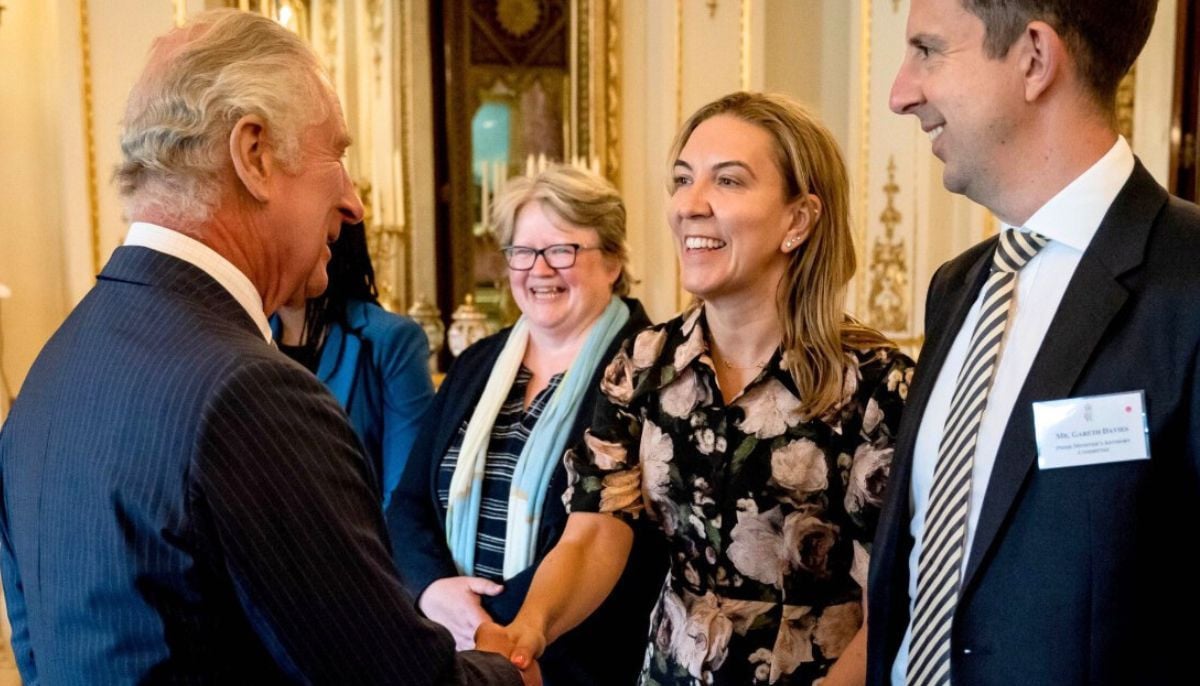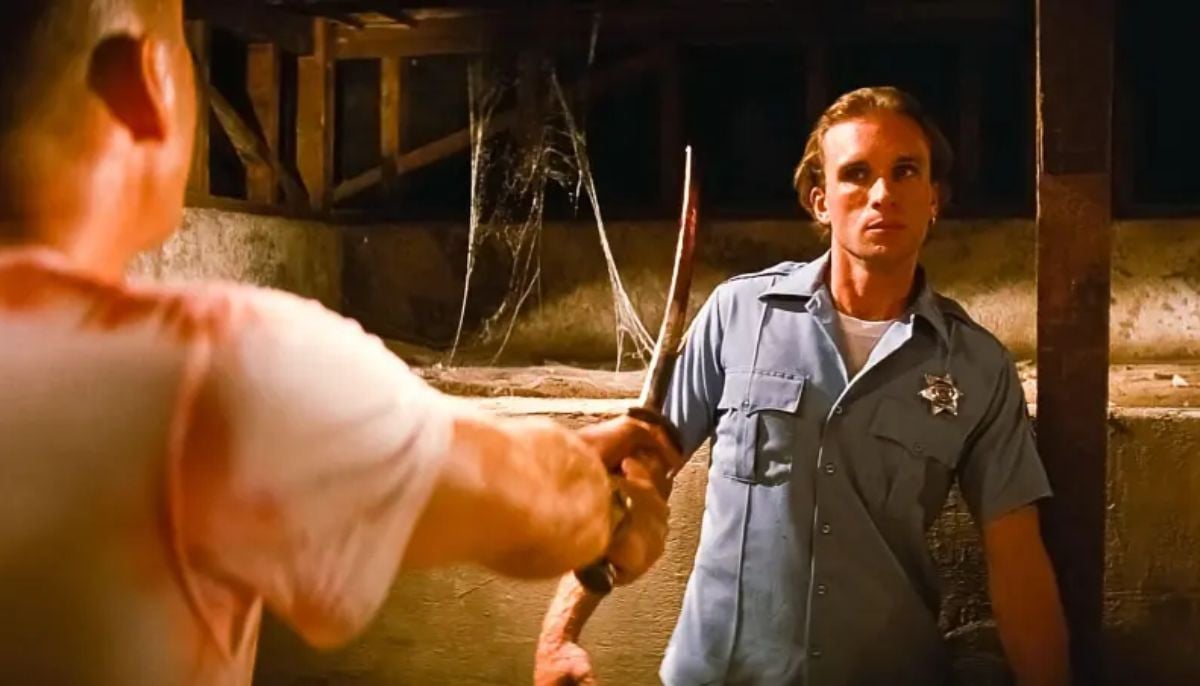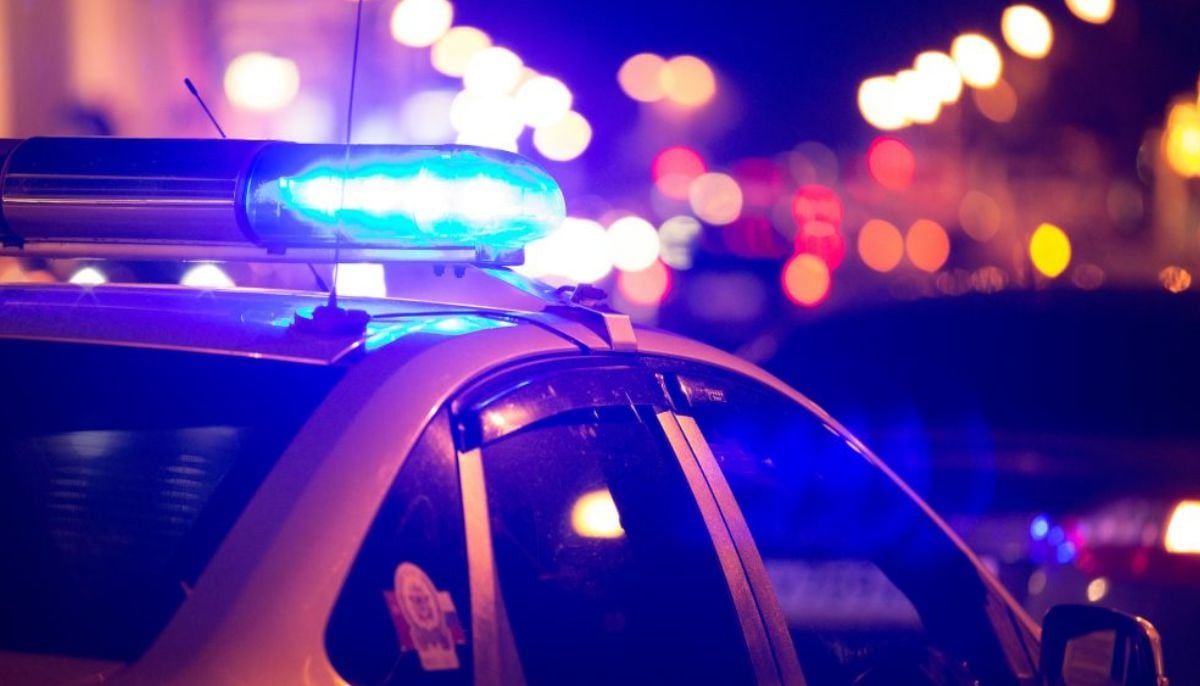China announces to cut army by 300,000 personnel at WWII parade
BEIJING: Chinese President Xi Jinping lauded his country as a major power and a force for world peace Thursday as he presided over a spectacular military parade marking the 70th anniversary of Japan's defeat in World War II.
With concerns rife over China's rise, Xi announced that the People´s Liberation Army would be cut by 300,000 personnel, a move analysts say
By AFP
September 03, 2015
BEIJING: Chinese President Xi Jinping lauded his country as a major power and a force for world peace Thursday as he presided over a spectacular military parade marking the 70th anniversary of Japan's defeat in World War II.
With concerns rife over China's rise, Xi announced that the People´s Liberation Army would be cut by 300,000 personnel, a move analysts say is actually designed to make the world´s largest standing military more modern and efficient.
"War is the sword of Damocles that still hangs over mankind," Xi said. "We must learn the lessons of history and dedicate ourselves to peace."
Moments later however, new missiles dubbed "carrier-killers" that experts say could change the balance of power with the United States rolled through the square, in an unmistakable show of strength.
With disquiet growing over China´s growing assertiveness in territorial disputes, most Western leaders stayed away from the extravaganza in Tiananmen Square, where Chinese troops crushed democracy protests in 1989.
After a 70-gun salute thousands of troops marched in formation through the square, with tanks and missiles following, while 200 aircraft performed a flypast in blue skies overhead.
The immaculate, choreographed ranks of soldiers included a detachment from Russia, whose President Vladimir Putin was the highest-profile foreign guest.
China has repeatedly insisted the parade was not aimed at any particular country, including Japan, which it regularly criticises for what it says is insufficient contrition over wartime atrocities.
"The unyielding Chinese people fought gallantly and finally won total victory against the Japanese militarist aggressors, thus preserving China´s 5,000-year-old civilisation and upholding the cause of peace," Xi said.
He described the eight-year conflict, in which historians say 15 to 20 million Chinese died, as "a decisive battle between justice and evil, between light and darkness" and that the victory had "re-established China as a major country in the world".
'Trump card'
Decades of double-digit budget increases have transformed China´s military, giving Beijing the confidence to push a programme of artificial island building in the South China Sea and vigorously proclaim its sovereignty over disputed outcrops controlled by Japan.
The equipment on show for the first time at the parade included DF-21D missiles, an anti-ship ballistic missile that could be used in the Pacific to target US aircraft carriers.
For decades, Washington´s carriers have been the key element of its ability to project power around the world and a commentator on Chinese television described the weapon as a "trump card".
The Chinese navy is pushing further away from domestic shores and the parade came as five of its vessels were spotted in the Bering Sea for the first time, according to the Pentagon.
Xi's announcement of troop reductions was widely expected and comes after around two million personnel have been cut from the PLA since the 1980s as Beijing seeks to make it more streamlined.
Arthur Ding, a military expert at Taiwan´s National Chengchi University, told AFP: "Overall firepower and mobility has been much better improved, so the cuts can be done."
Under Xi, Beijing is moving farther away from former leader Deng Xiaoping´s dictum to "hide one´s capabilities, bide one´s time" and is becoming more willing to take harder lines, both externally and against domestic opponents.
'Very nationalistic'
Putin was given a prominent position next to Xi on the rostrum, as were ranks of former Chinese leaders, including Jiang Zemin and Hu Jintao.
Shaking hands with Xi were Sudan´s Omar al-Bashir – indicted by the International Criminal Court – and authoritarian Belarussian President Alexander Lukashenko, who brought one of his sons.
More mainstream guests included South Korea´s Park Geun-Hye, whose country was colonised by Japan, Jacob Zuma of South Africa – which with China is part of the BRICS groups of major emerging economies – and UN Secretary General Ban Ki-moon.
John Delury, an expert on China at Yonsei University in Seoul, told AFP the limited international guest list was because "it´s a very nationalistic and militaristic event".
"Across Asia and certainly in the United States there are all these concerns about the hard power side of China´s rise," he said.
Chinese authorities mobilised hundreds of thousands of Beijing citizens and closed roads across much of the city centre, as well as shuttering the capital´s airports and curtailing pollution-spewing factories and vehicles to ensure blue skies.
The Communist Party uses nationalism as a key part of its claim to a right to rule, and Xi stressed the role of "the Chinese people" in the war, obscuring the Communist Party´s rivalry with the then-governing Nationalist forces of Chiang Kai-shek, later defeated in a civil war.
Among other wartime allies, he only named the Soviet Union and did not mention the United States, whose atomic bombing of Japan is widely seen as ending the conflict.
Recently China has only carried out such giant military shows once a decade, and always on the anniversary of the founding of the People´s Republic on October 1.
This one instead came the day after the 70th anniversary of Japan´s formal surrender in 1945 on the deck of the USS Missouri in Tokyo Bay.
With concerns rife over China's rise, Xi announced that the People´s Liberation Army would be cut by 300,000 personnel, a move analysts say is actually designed to make the world´s largest standing military more modern and efficient.
"War is the sword of Damocles that still hangs over mankind," Xi said. "We must learn the lessons of history and dedicate ourselves to peace."
Moments later however, new missiles dubbed "carrier-killers" that experts say could change the balance of power with the United States rolled through the square, in an unmistakable show of strength.
With disquiet growing over China´s growing assertiveness in territorial disputes, most Western leaders stayed away from the extravaganza in Tiananmen Square, where Chinese troops crushed democracy protests in 1989.
After a 70-gun salute thousands of troops marched in formation through the square, with tanks and missiles following, while 200 aircraft performed a flypast in blue skies overhead.
The immaculate, choreographed ranks of soldiers included a detachment from Russia, whose President Vladimir Putin was the highest-profile foreign guest.
China has repeatedly insisted the parade was not aimed at any particular country, including Japan, which it regularly criticises for what it says is insufficient contrition over wartime atrocities.
"The unyielding Chinese people fought gallantly and finally won total victory against the Japanese militarist aggressors, thus preserving China´s 5,000-year-old civilisation and upholding the cause of peace," Xi said.
He described the eight-year conflict, in which historians say 15 to 20 million Chinese died, as "a decisive battle between justice and evil, between light and darkness" and that the victory had "re-established China as a major country in the world".
'Trump card'
Decades of double-digit budget increases have transformed China´s military, giving Beijing the confidence to push a programme of artificial island building in the South China Sea and vigorously proclaim its sovereignty over disputed outcrops controlled by Japan.
The equipment on show for the first time at the parade included DF-21D missiles, an anti-ship ballistic missile that could be used in the Pacific to target US aircraft carriers.
For decades, Washington´s carriers have been the key element of its ability to project power around the world and a commentator on Chinese television described the weapon as a "trump card".
The Chinese navy is pushing further away from domestic shores and the parade came as five of its vessels were spotted in the Bering Sea for the first time, according to the Pentagon.
Xi's announcement of troop reductions was widely expected and comes after around two million personnel have been cut from the PLA since the 1980s as Beijing seeks to make it more streamlined.
Arthur Ding, a military expert at Taiwan´s National Chengchi University, told AFP: "Overall firepower and mobility has been much better improved, so the cuts can be done."
Under Xi, Beijing is moving farther away from former leader Deng Xiaoping´s dictum to "hide one´s capabilities, bide one´s time" and is becoming more willing to take harder lines, both externally and against domestic opponents.
'Very nationalistic'
Putin was given a prominent position next to Xi on the rostrum, as were ranks of former Chinese leaders, including Jiang Zemin and Hu Jintao.
Shaking hands with Xi were Sudan´s Omar al-Bashir – indicted by the International Criminal Court – and authoritarian Belarussian President Alexander Lukashenko, who brought one of his sons.
More mainstream guests included South Korea´s Park Geun-Hye, whose country was colonised by Japan, Jacob Zuma of South Africa – which with China is part of the BRICS groups of major emerging economies – and UN Secretary General Ban Ki-moon.
John Delury, an expert on China at Yonsei University in Seoul, told AFP the limited international guest list was because "it´s a very nationalistic and militaristic event".
"Across Asia and certainly in the United States there are all these concerns about the hard power side of China´s rise," he said.
Chinese authorities mobilised hundreds of thousands of Beijing citizens and closed roads across much of the city centre, as well as shuttering the capital´s airports and curtailing pollution-spewing factories and vehicles to ensure blue skies.
The Communist Party uses nationalism as a key part of its claim to a right to rule, and Xi stressed the role of "the Chinese people" in the war, obscuring the Communist Party´s rivalry with the then-governing Nationalist forces of Chiang Kai-shek, later defeated in a civil war.
Among other wartime allies, he only named the Soviet Union and did not mention the United States, whose atomic bombing of Japan is widely seen as ending the conflict.
Recently China has only carried out such giant military shows once a decade, and always on the anniversary of the founding of the People´s Republic on October 1.
This one instead came the day after the 70th anniversary of Japan´s formal surrender in 1945 on the deck of the USS Missouri in Tokyo Bay.
-
France sees record 102mn international tourists in 2025
-
ICE deports Congolese mother despite fears she could be killed
-
Keir Starmer appoints 'Dame Antonia Romeo' as first female head of UK service
-
Russia sounds alarm over Iran tension as US forces surge in region
-
France on red alert: Storm Pedro batters southwest following record 35 day rain streak
-
Headway made in Nancy Guthrie case: report
-
'Pulp Fiction' actor Peter Greene died in accidental gunshot, officials confirm
-
Three men discovered dead in Detroit basement as passerby alerts police
